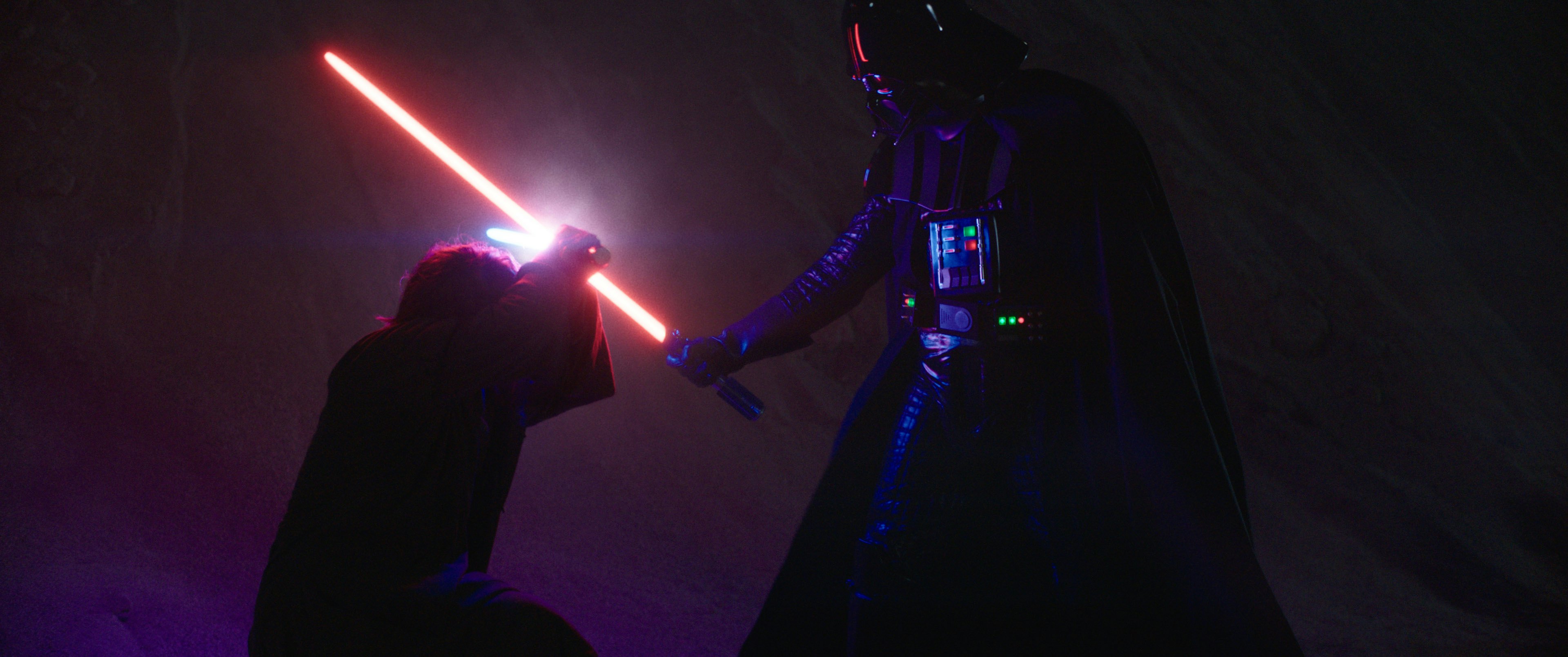
Obi-Wan Kenobi is, in many ways, a perfectly fine TV show. The series is well-shot and features several standout Star Wars performances, especially those given by Ewan McGregor, Indira Varma, and Hayden Christensen. Obi-Wan’s episodes have all stood on their own as well, with each installment of the series so far telling a contained story with a beginning, middle, and end.
Obi-Wan’s first five episodes have even, notably, all taken place on different planets, a detail that only helps differentiate the series’ installments from each other. However, when it comes to maintaining a constant sense of forward momentum or replicating the epic quality of Obi-Wan’s story from the Star Wars prequels, Kenobi seriously struggles.
That’s because some stories are, to put it simply, not meant to be made into a six-part miniseries. Some stories would, instead, benefit from the kind of non-stop pace and focus that only movies can truly provide.
The problem with Obi-Wan Kenobi
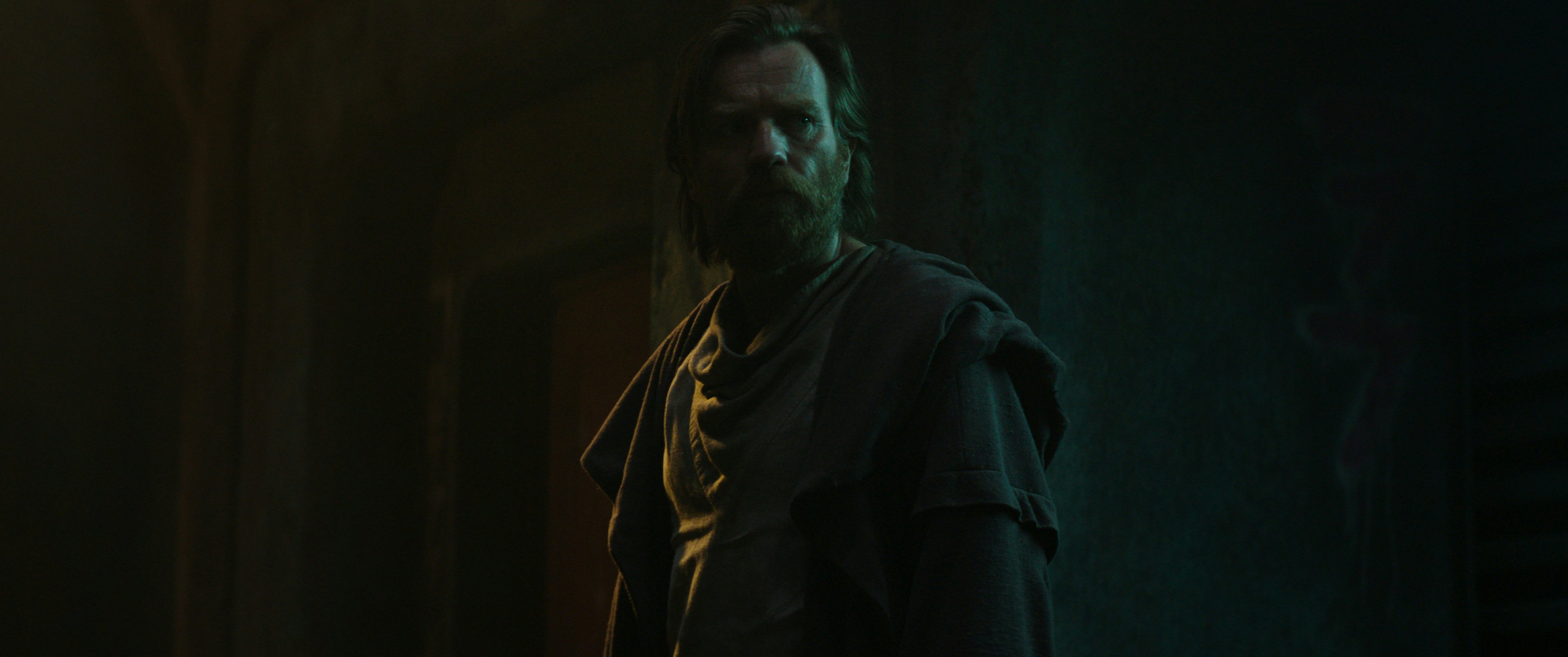
In response to the success of The Mandalorian, Lucasfilm has committed almost the entirety of its efforts to creating new Disney+ shows in the same mold as that episodic space western. As a result, the Ewan McGregor-led standalone film that had been in development for years became a Disney+ series.
Star Wars fans were understandably excited when the series was announced, and that excitement only continued to grow in the weeks leading up to Kenobi’s premiere. However, in recent weeks, the general consensus surrounding Obi-Wan Kenobi seems to be that it’s a fine but disappointing Star Wars TV show. While some of the criticism leveled against it are truly absurd and/or outright hateful (as is custom for Star Wars fans), it’s also easy to see why Obi-Wan Kenobi might not be living up to expectations.
The return of actors like Ewan McGregor and Hayden Christensen made Obi-Wan Kenobi out to be a kind of spiritual successor to George Lucas’ Prequel Trilogy. Unfortunately, the show’s close relationship to the Prequels has also opened it up to the kind of comparisons that shows like The Mandalorian and The Book of Boba Fett have, for the most part, been able to avoid.
While Obi-Wan Kenobi does a lot right as a follow-up to Revenge of the Sith, another look at that film makes it obvious why Lucasfilm’s latest Disney+ series feels a bit anti-climactic.
Obi-Wan Kenobi vs. Revenge of the Sith
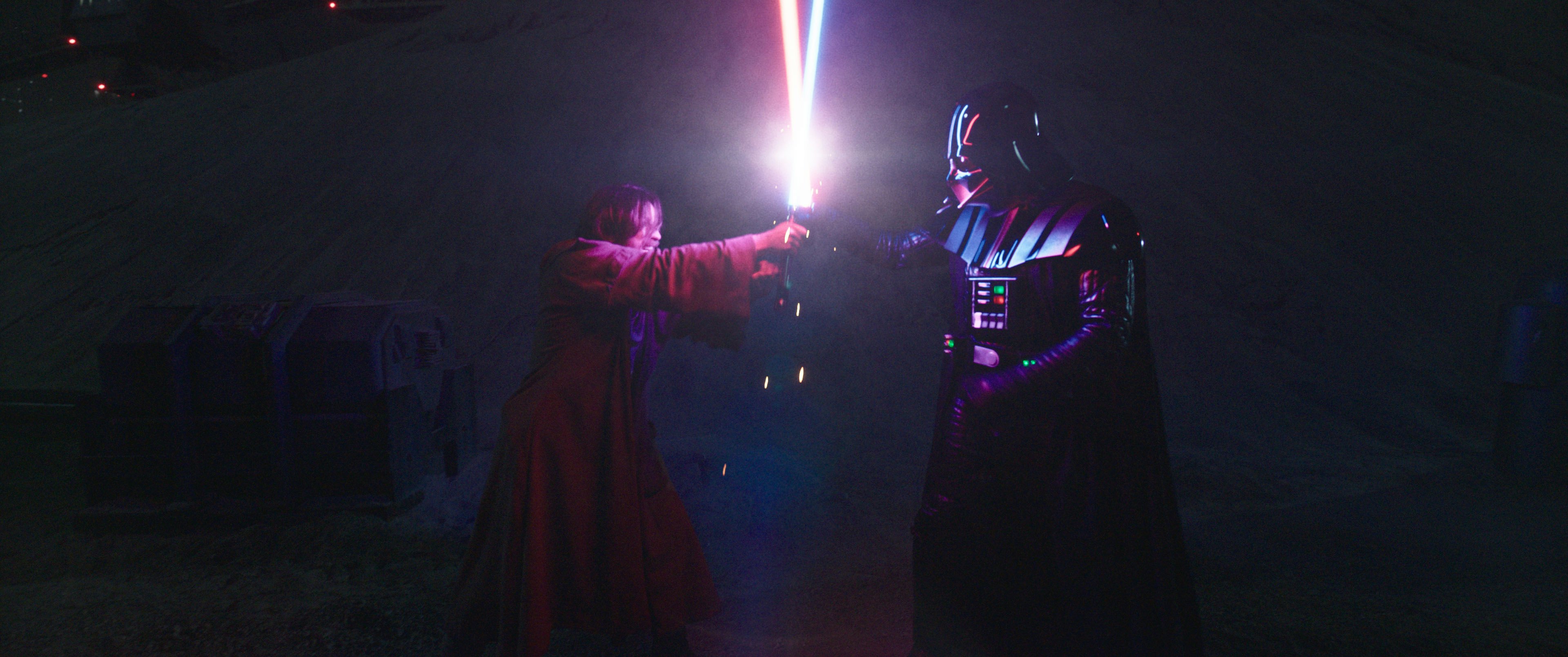
Many Star Wars fans remain divided about the series’ Prequel Trilogy. That said, there’s no denying the fact that all three of the trilogy’s installments are full-fledged space operas in the same way that the original three Star Wars films are. They are epic, sweeping, romantic, tragic, and melodramatic films.
That’s particularly clear in the third act of Revenge of the Sith. From the moment Anakin falls to the Dark Side, the movie moves with such an operatic grace that it’s impossible not to get swept up in the majesty of its storytelling.
But Revenge of the Sith’s third act only truly works as well as it does because of how that the film’s first half builds towards it. The movie never gives you a chance to press pause, nor does it cut off at crucial moments in order to stretch out its story across several weeks. Taking that into account, can you imagine if Revenge of the Sith had been made as a TV series?
How disappointing would it be if you’d had to wait a week to see the fallout of Mace Windu’s fight with Chancellor Palpatine? More importantly, how much would a break like that impact the actual effectiveness of the sequence?
Part of the power of cinematic storytelling is that it does not allow for breaks. Movies offer you the chance to experience a complete story in one non-stop, totally focused 90+ minute burst. There is no format better at ratcheting up tension and building dramatic stakes. To put it another way: There is almost no piece of art that’s better at getting an audience member swept up in the emotions of its story than a well-made film, which is exactly what Revenge of the Sith does.
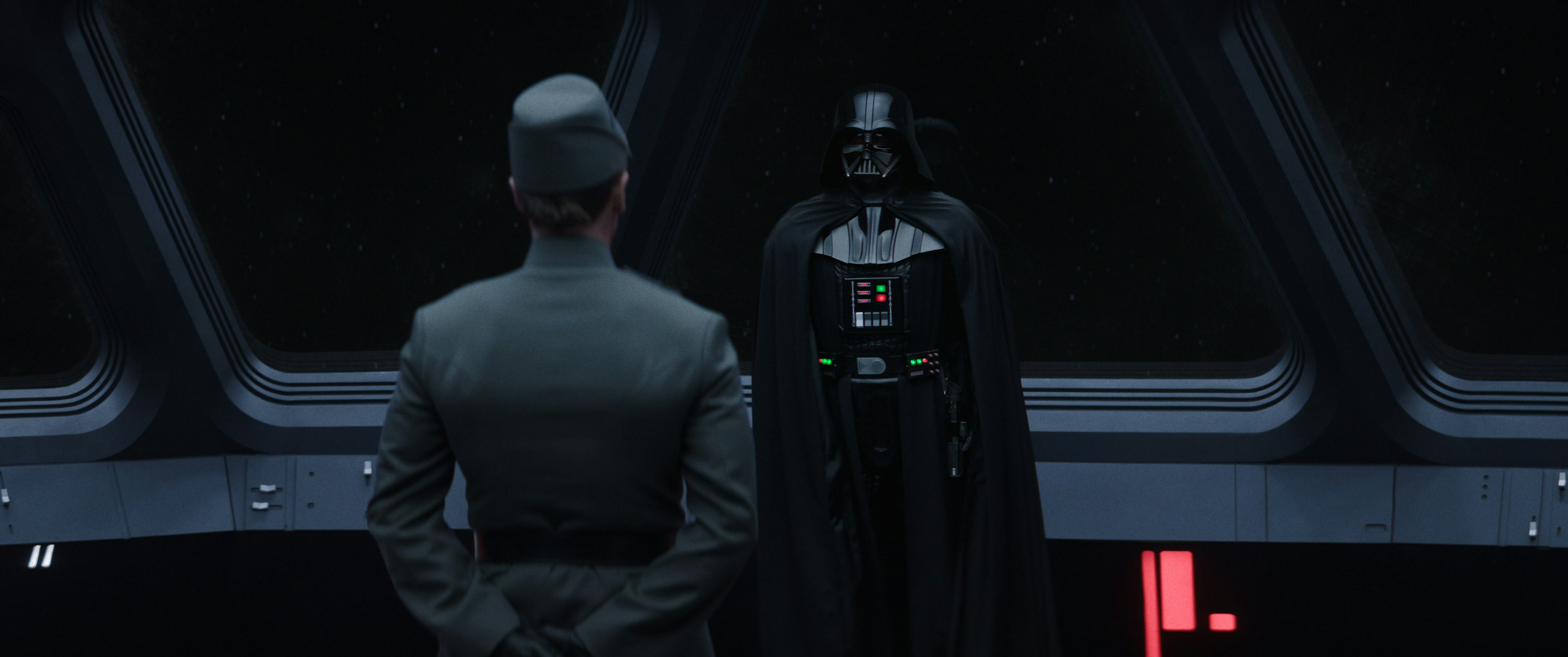
That’s why Obi-Wan Kenobi feels so anti-climactic. The series may be directly following the final act of Revenge of the Sith, but because of its episodic structure, Kenobi needs to press pause on its story so many times it struggles to maintain any sense of ongoing tension or dread.
The siege in Obi-Wan Kenobi Episode 5, for instance, doesn’t feel nearly as stressful or claustrophobic as it might have had viewers not had to wait a week in between Obi-Wan’s escape from the Fortress Inquisitorius and his face-off with the Empire on Jabiim. This episodic format also requires Obi-Wan Kenobi to pause for a moment at the start of each of its installments in order to reset and re-establish the dramatic stakes of its story.
As a result, the series is incapable of creating the same kind of grand, operatic pace that can be created in a film and which was achieved in Revenge of the Sith.
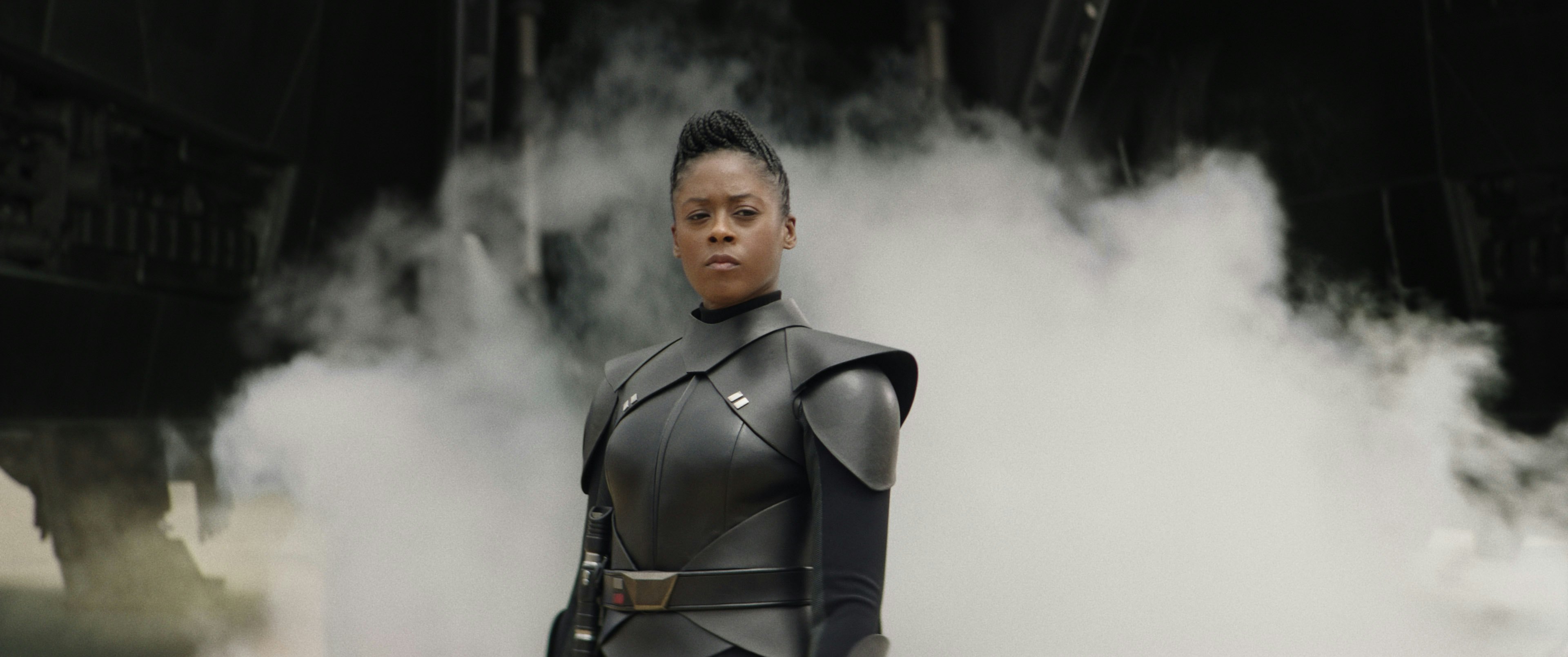
The Inverse Analysis — In the end, all this conversation really comes down to is whether or not some stories are better suited for TV and others for movies. That’s a conversation that has been on a lot of viewers’ minds in recent years as the gap between the film and television mediums is gradually erased by ever-growing TV budgets and Netflix’s embrace of the binge-model release structure.
It’s possible that some of Obi-Wan Kenobi’s problems could have been solved by Disney releasing its six episodes all at the same time. Doing so would have, at the very least, allowed viewers the chance to take in the full scope of the story all at once rather than having to be content with bits and pieces of it spread out over five weeks.
On the other hand, it’s difficult to imagine that the series’ episodes, in their current form, would have helped Kenobi’s pacing and tension issues.
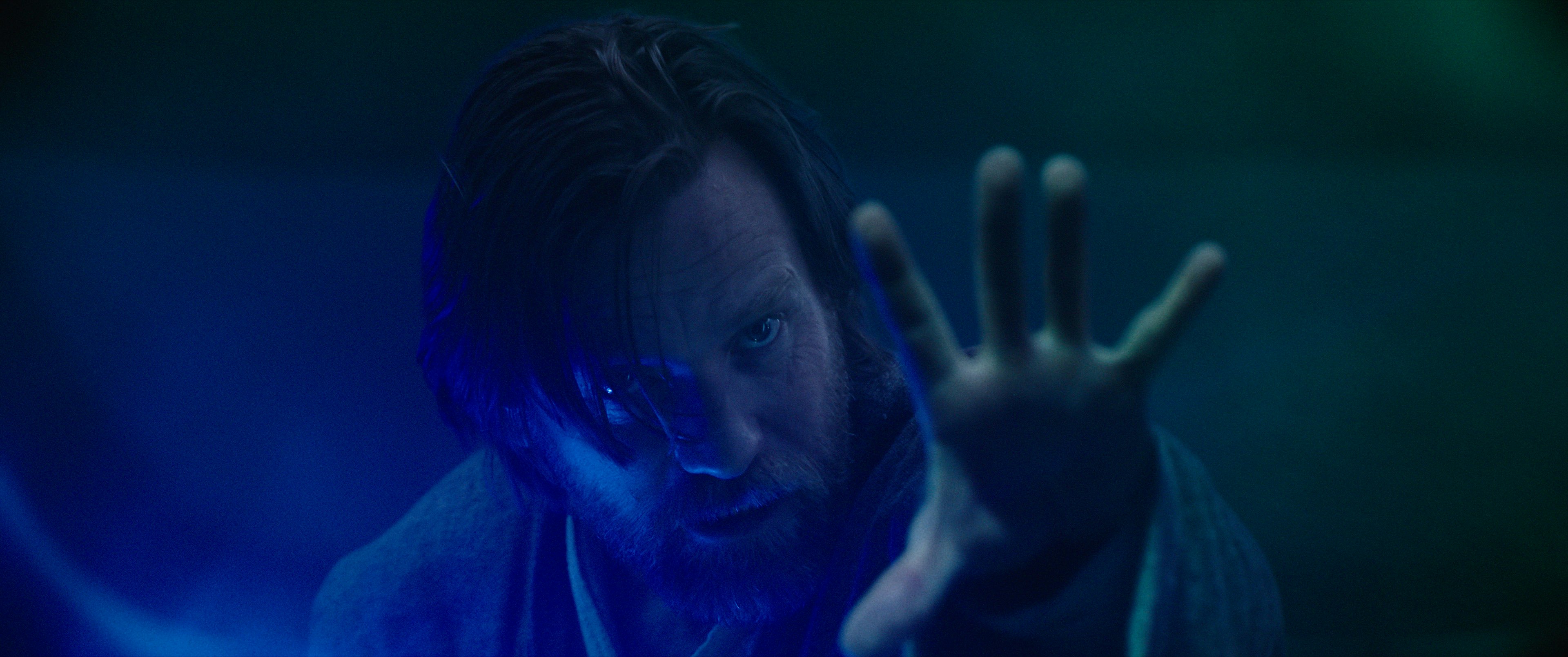
To its credit, Obi-Wan Kenobi does a very good job of getting into the mind of its titular Jedi during the darkest period of his life. However, the series is failing to bring the same sweeping emotions and tension to Obi-Wan’s story that was present in the Star Wars prequels and, in particular, Revenge of the Sith. To be fair, it’s hard to imagine a world in which a Disney+ series could ever reach the same kind of cinematic heights as that film, which is why Kenobi never should have been a TV series in the first place.
The series has shown viewers plenty of space up to this point, but when it comes to the opera part of Star Wars, Kenobi has been disappointingly lacking.
Obi-Wan Kenobi is streaming now on Disney+.







